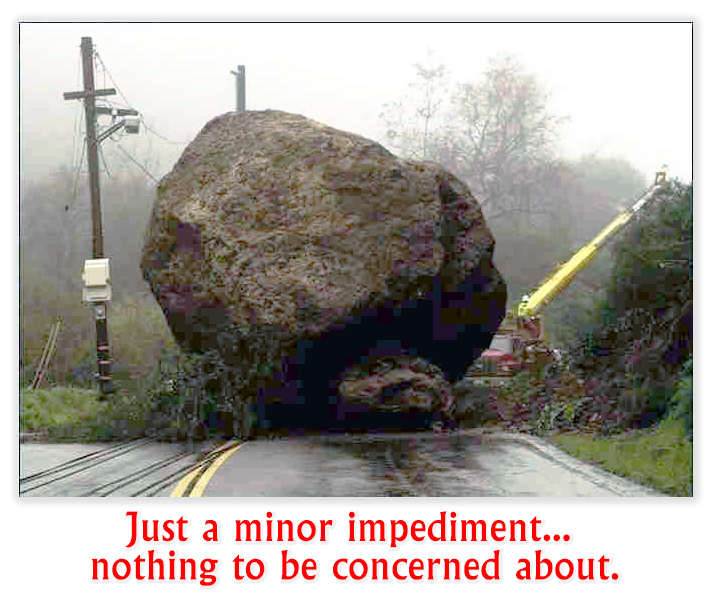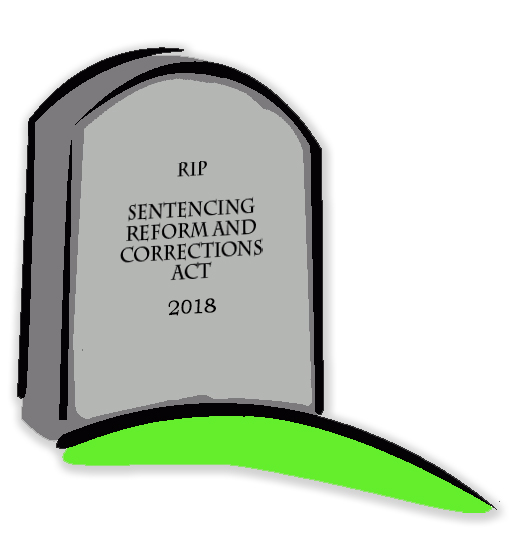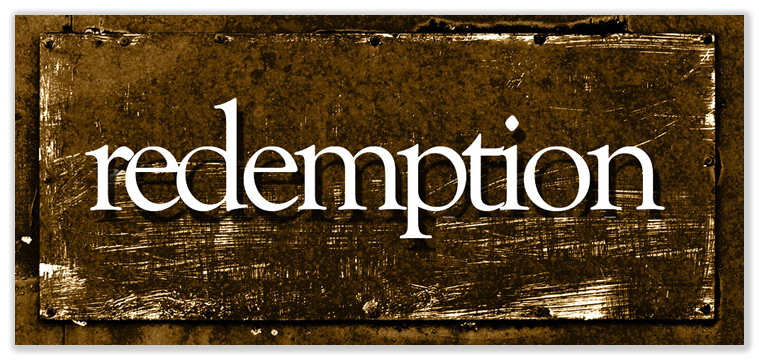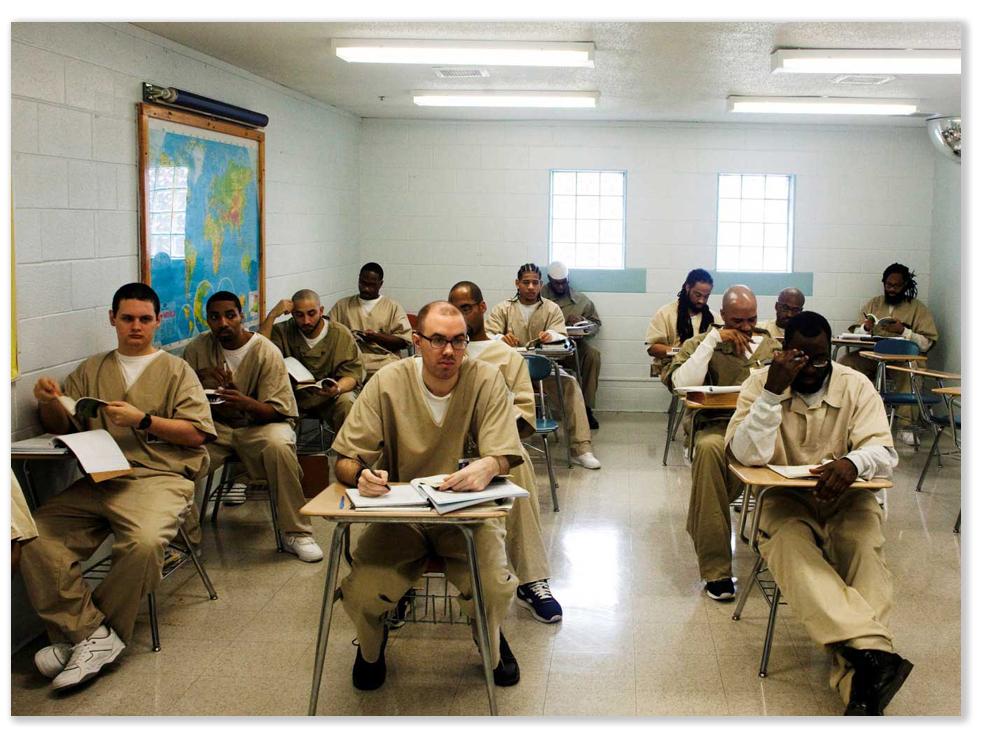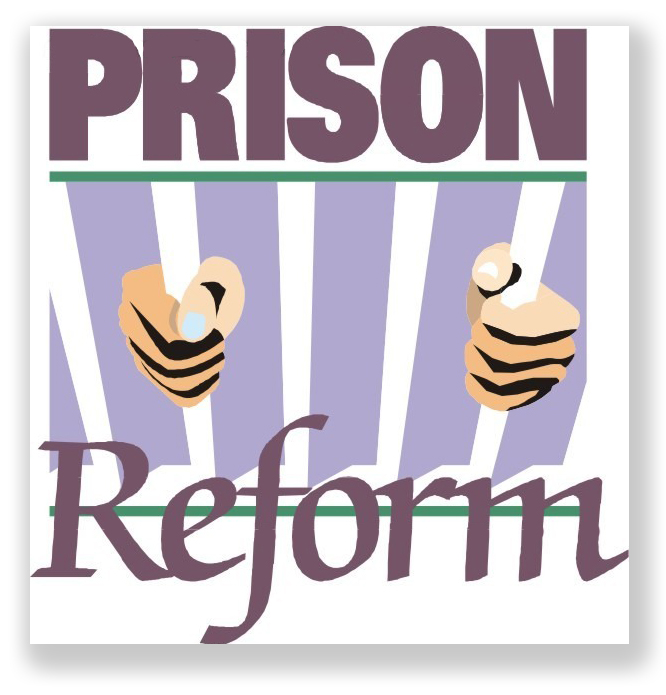We post news and comment on federal criminal justice issues, focused primarily on trial and post-conviction matters, legislative initiatives, and sentencing issues.
HOUSE BILL MAY FALL VICTIM TO SENATE DEMAND THAT IT DO MORE
 With the House Judiciary Committee last week rewriting the old Prison Redemption and the Reform Act into the new FIRST STEP Act (H.R. 5682), the action on criminal justice reform turns to the Senate, where FIRST STEP is already running into pushback. Let’s get ready to rumble.
With the House Judiciary Committee last week rewriting the old Prison Redemption and the Reform Act into the new FIRST STEP Act (H.R. 5682), the action on criminal justice reform turns to the Senate, where FIRST STEP is already running into pushback. Let’s get ready to rumble.
The White House-backed bill picked up some mo after the House Judiciary Committee passed it onto the floor with a bipartisan 15-5 vote. But some Senate are deadlocked about how to approach the bill, threatening the chances of it getting signed into law. Ironically, the senators raising the most opposition are supporters – not opponents – of criminal justice reform. In fact, some of the traditional foes of criminal justice reform, conservative groups, sound like unabashed supporters. And those who you’d think were most likely to support reform are opposing it.
“Although today’s vote is a positive sign, we still have a long way to go. As the bill’s title suggests, this is the first step,” said conservative nonprofit FreedomWorks. “Congress must do more to ensure that those who are re-entering society and want a better life for themselves and their families have meaningful opportunities to work toward that goal. Another part of the discussion is sentencing reform. Sooner or later, Congress will have to revisit this issue to ensure that we are reforming sentences for low-level, nonviolent offenders and reserving limited prison space for violent offenders.”
 But Kate Gotsch of the Sentencing Project complains that the bill does not account for the fact that halfway houses likely won’t have space to accommodate the inmates who accrue more earned-time credit. Progressive groups also point out that while the legislation encourages – even rewards – prisoners for participation in rehabilitative programs, the Bureau of Prisons is struggling with a horrifically-long wait list for the programs it currently offers. And many facilities don’t have the staff to run additional programs. Much of BOP Director Mark Inch’s grilling by the House Oversight Committee last month came over severe cuts in halfway house time for inmates and for the BOP’s practice of “augmentation,” where teachers, nurses and other professional staff at federal prisons are required to drop their regular duties to fill shifts for correctional officers in the housing units.
But Kate Gotsch of the Sentencing Project complains that the bill does not account for the fact that halfway houses likely won’t have space to accommodate the inmates who accrue more earned-time credit. Progressive groups also point out that while the legislation encourages – even rewards – prisoners for participation in rehabilitative programs, the Bureau of Prisons is struggling with a horrifically-long wait list for the programs it currently offers. And many facilities don’t have the staff to run additional programs. Much of BOP Director Mark Inch’s grilling by the House Oversight Committee last month came over severe cuts in halfway house time for inmates and for the BOP’s practice of “augmentation,” where teachers, nurses and other professional staff at federal prisons are required to drop their regular duties to fill shifts for correctional officers in the housing units.
Nevertheless, FIRST STEP co-sponsor, Rep. Hakeen Jeffries (D-N.Y.) predicted last Friday the bill would come up for a House vote by the end of May.
Sens. Charles Grassley (R-Iowa), chairman of the Senate Judiciary Committee, and Richard Durbin (D-Illinois), the No. 2 Senate Democrat, both want a broader criminal justice measure including the mandatory minimum sentencing reforms they previously tucked into the Sentencing Reform and Corrections Act, S.1917, which passed out of the Judiciary Committee last February. The SRCA, which picked up two more co-sponsors last week, is now sponsored by 14 Democrats and 13 Republicans. It slashes mandatory minimums for drug offenses, makes the Fair Sentencing Act retroactive for inmates with pre-2010 crack sentences, and brings relief to people with stacked 924(c) convictions.
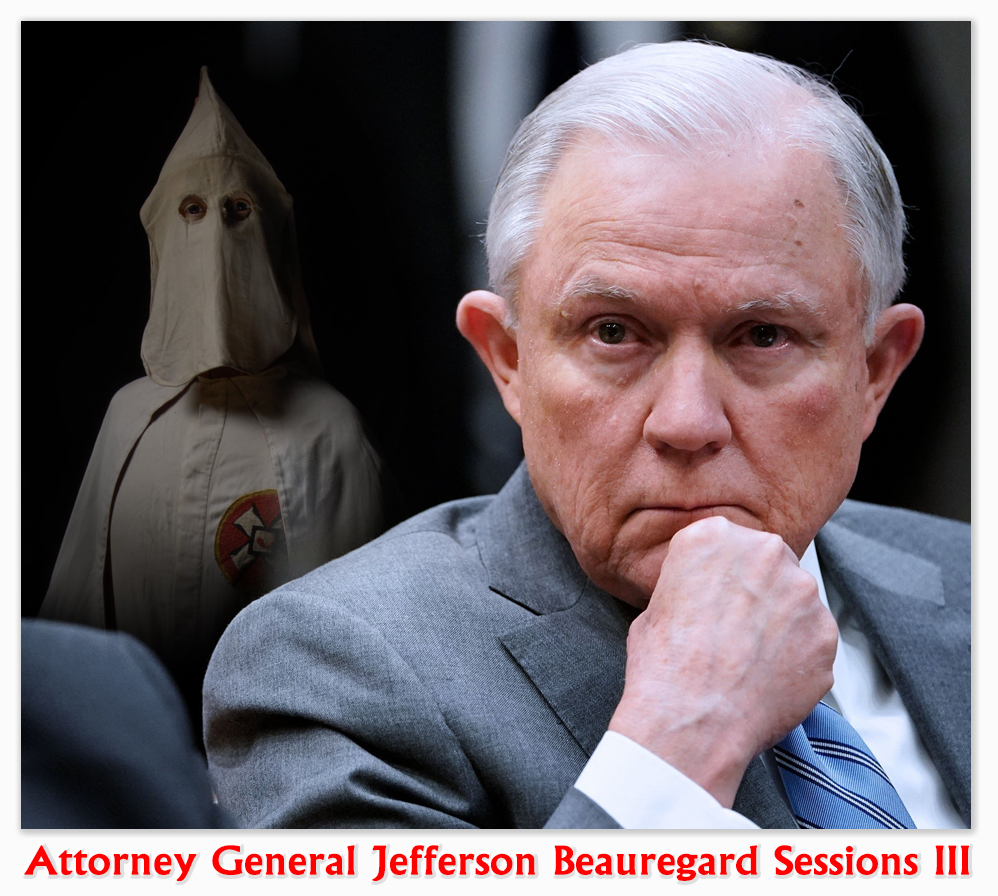 Despite White House opposition, spearheaded by Attorney General Jefferson Beauregard Sessions III, both senators say they’ve made a deal to not split prison reform from changes to sentencing guidelines. But The Hill predicted last weekend that combining sentencing reform with prison reform will “all but kill any chance of getting sentencing reform through the GOP-controlled Congress.
Despite White House opposition, spearheaded by Attorney General Jefferson Beauregard Sessions III, both senators say they’ve made a deal to not split prison reform from changes to sentencing guidelines. But The Hill predicted last weekend that combining sentencing reform with prison reform will “all but kill any chance of getting sentencing reform through the GOP-controlled Congress.
Grassley’s and Durbin’s approach is poison to both to Sessions and to Senate Majority Leader Mitch McConnell (R-Kentucky), who refused to bring SRCA to a vote in the last session of Congress despite sponsorship of 40” senators. And some of the bill’s most vocal opponents, Sens. Tom Cotton (R-Arkansas) and David Perdue (R-Georgia), are some of Trump’s closest allies on Capitol Hill.
Sens. John Cornyn (R-Texas) and Sheldon Whitehouse (D-Rhode Island) last week introduced a companion bill to the House’s FIRST STEP Act. S. 2795, a bill to provide for programs to help reduce the risk that prisoners will recidivate upon release from prison, represents an effort by some in the Senate to press forward with a narrower bill that would match FIRST STEP. Asked if Sens. Grassley’s and Durbin’s stance was realistic, Cornyn said, “Their opinion matters, but I wouldn’t say that’s the end of the discussion.”
House Republicans already have made some changes to their prison reform bill in an attempt to win the support needed for it to pass that chamber, but the modifications did not placate Grassley or Durbin, whose support would likely be critical if any legislation is to reach the Senate floor.
In a show of strength, Sen. Cornyn and White House advisor and Trump son-in-law Jared Kushner were to tour FCI Seagoville in suburban Dallas last Friday, to tout FIRST STEP. Sen. Cornyn made it, but Kushner skipped out.
 Sen. Thom Tillis (R-North Carolina), while saying he’s open to either path forward on the issue, is skeptical that a prison reform bill alone would be able to get the 60 votes needed to ultimately clear the Senate. “It’s how we get the votes, and I’m not sure how you do [it with just that]. The way that that evolved was by talking about pairing the two,” he said, referring to both sentence reform and prison reform.
Sen. Thom Tillis (R-North Carolina), while saying he’s open to either path forward on the issue, is skeptical that a prison reform bill alone would be able to get the 60 votes needed to ultimately clear the Senate. “It’s how we get the votes, and I’m not sure how you do [it with just that]. The way that that evolved was by talking about pairing the two,” he said, referring to both sentence reform and prison reform.
Sen. Grassley appears to be closing the door for now on negotiating with Cornyn. He said he and Durbin are pushing forward with their bill, adding that he’s delivered that message to Kushner several times. “[We’re going] to try to convince the White House that we’re right,” he said. “This is a wonderful opportunity for the president to have a bipartisan victory and to sign it, and that’s exactly what he needs for the midterm election.”
S. 2795: A bill to provide for programs to help reduce the risk that prisoners will recidivate upon release from prison, and for other purposes, Introduced May 7, 2018, by Sens. Cornyn and Whitehouse.
FreedomWorks, FreedomWorks Applauds Important “First Step” In Criminal Justice Reform (May 9, 2018)
The Hill, Trump-backed prison reforms face major obstacles in Senate (May 13, 2018)
Roll Call, Criminal justice overhaul efforts appear stuck (May 11, 2018)
Mother Jones, Jared Kushner’s Prison reform Bill Just got Slightly Less Bad (May 7, 2018)
– Thomas L. Root


